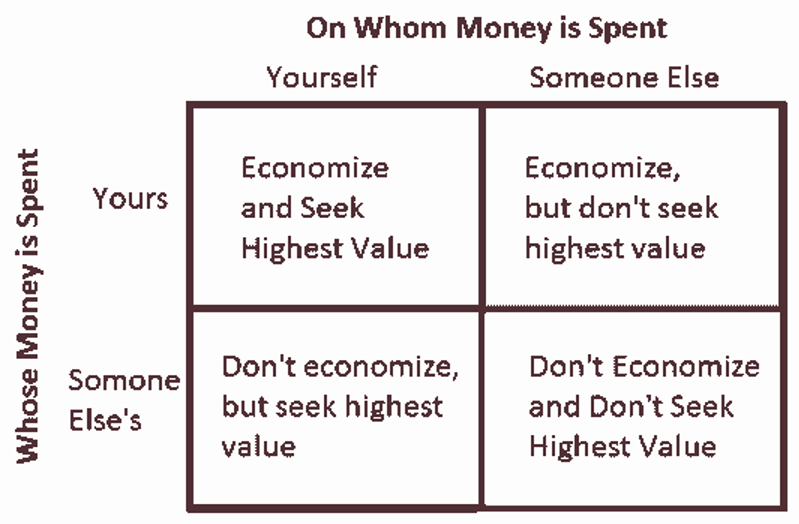 In 2006, the Arizona Supreme Court struck down two small voucher programs, one for children with disabilities, the other for children in foster care. It was a devastating loss, but from that setback came a new form of choice: an account-based program.
In 2006, the Arizona Supreme Court struck down two small voucher programs, one for children with disabilities, the other for children in foster care. It was a devastating loss, but from that setback came a new form of choice: an account-based program.
The first education savings account program, Arizona’s Empowerment Scholarship Account, turns 10 this year. We have learned a great deal over the past decade, and I daresay we will learn a great deal more as the model moves into and out of its “teen years” – and into a growing number of states.
Today, somewhere in the neighborhood of 1% of Arizona’s 1.2 million public-school population participates in the Empowerment Scholarship Account program, and more than half of the participants are students with disabilities. Compared to a decade ago, the Arizona public school system has more students, is funded at a more generous level on a per-pupil basis, and, according to the Education Opportunity Project at Stanford University, has the highest rate of statewide academic growth for both low-income and middle-to-high income students.
Seven additional states have state-funded ESA programs (Florida, Mississippi, Tennessee, North Carolina, New Hampshire and West Virginia), and Kentucky and Missouri this year passed tax credit funded programs. Account-based programs have important advantages for families in expanding the universe of service providers beyond private schools into therapists, tutors, community colleges and more. The accounts allow parents to save funds for future expenses, which creates the incentive for families to consider opportunity costs, which is very important.

American economist Milton Friedman developed the chart above about maximizing the impact of spending. The worst kind of spending comes when you spend someone else’s money on someone else (lower right quadrant). That tends to be the way the public-school system operates. A school voucher moves you into the lower-left quadrant.
You are happy to have choices, but providers lack an incentive to create less-expensive offerings because voucher holders can only use their vouchers with a single provider. An account-based program moves you in the direction of the upper left quadrant; you not only consider the value of the service, but also how that value compares relative to other mixes of services.
ESA programs are several orders of magnitude more complex to administer than a voucher program. We didn’t know we would need specialized digital platforms in order to administer such programs a decade ago, but today we are years into the effort to perfect them.
Around the country, ESAs almost entirely served students with disabilities in the first decade of their existence. The ability to utilize multiple service providers makes the flexibility of an account-based program especially useful to special needs students. The COVID-19 pandemic, however, seems to have opened the eyes of many that the ability to customize education could be useful to everyone.
The advent of broad-eligibility programs in West Virginia and New Hampshire creates new opportunities to learn, improve and optimize practices. Advocates and policymakers will almost certainly develop new allowable uses for funds in the next decade.
It’s been a wild and productive first decade for education savings accounts. I’m looking forward to seeing what the next decade will bring.
Happy birthday ESAs, and stay tuned to this channel, dear reader. The best is yet to come.



[…] reimaginED executive editor Matt Ladner noted the 10th anniversary of education savings accounts, which debuted in Arizona in the form of the Empowerment Scholarship Account. In the past decade, […]
[…] reimaginED executive editor Matt Ladner noted the 10th anniversary of education savings accounts, which debuted in Arizona in the form of the Empowerment Scholarship Account. In the past […]